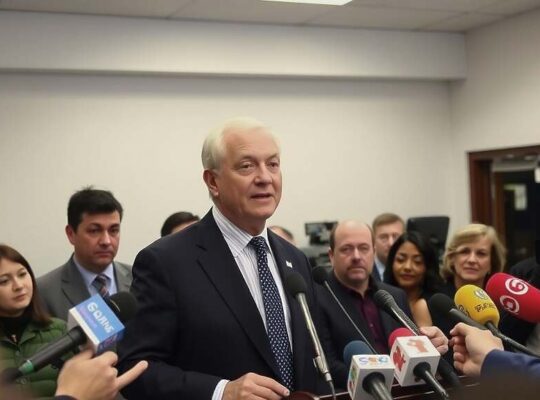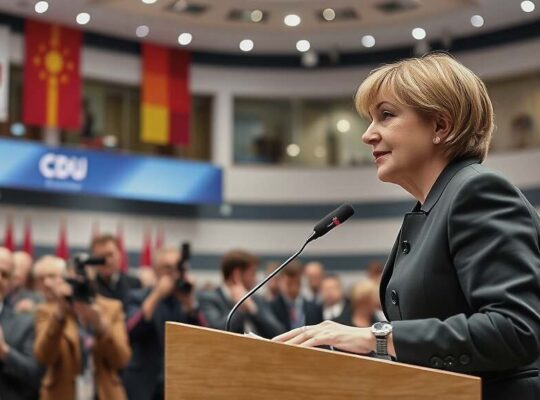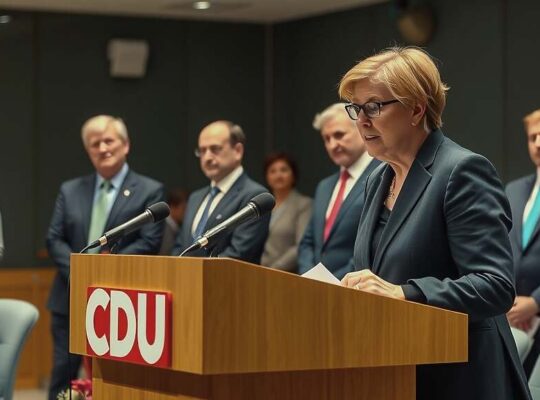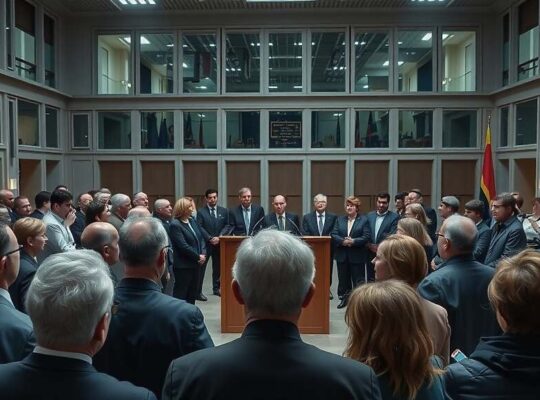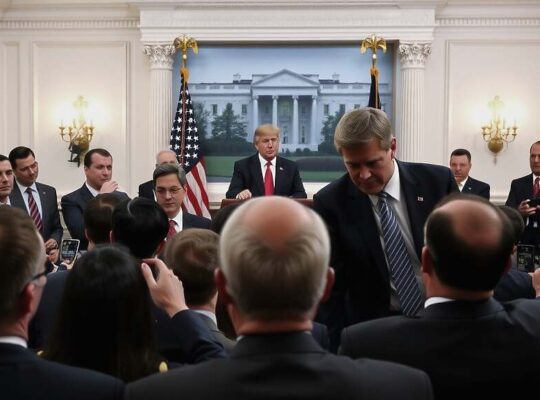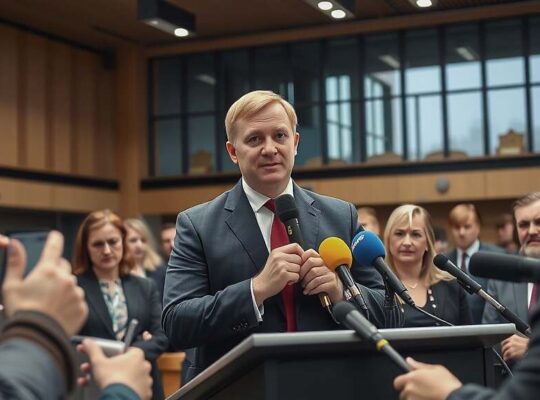Several leading figures within the Christian Democratic Union (CDU) have voiced opposition to the formal recognition of Palestine, including Federal Foreign Minister Johann Wadephul. Wadephul stated that such recognition should only occur at the conclusion of a process involving mutual recognition by both Israel and Palestine, responding to French President Emmanuel Macron’s recent announcement of a potential recognition as early as September.
While acknowledging a difference in approach with the French government, Wadephul emphasized that this does not constitute a significant conflict. Both Germany and France, alongside other European partners, share a common goal of urgently improving the dire situation in Gaza. Wadephul described the humanitarian conditions as “completely unacceptable” highlighting Israel’s responsibility to ensure aid reaches the population. He noted that while the fight against Hamas is justified, the level of suffering resulting from the conflict necessitates re-evaluating previously unquestioned approaches.
CDU’s Committee on Foreign Affairs Chair, Armin Laschet, was more critical of Macron’s initiative, describing the timing and form as “the wrong approach”. He predicted it would “fail to achieve anything” as it lacks accompanying steps towards a broader peace agreement in the Middle East. Laschet argued that without U.S. involvement, such efforts are unlikely to succeed and that Macron’s action has jeopardized shared Euro-Atlantic perspectives, effectively undermining a unified European foreign policy.
Laschet expressed concern that the move would be perceived as a victory for Hamas, particularly given the group’s recent suspension of negotiations regarding hostage release and a ceasefire in Gaza, leading to the departure of the U.S. delegation. He questioned the timing of any recognition, suggesting it would be interpreted as a reward rather than a constructive step. Instead, he suggested a conditional recognition could have been utilized as leverage to pressure Hamas towards a ceasefire and disarmament.
Laschet further raised questions about what a potential Palestinian state would look like, cautioning against the possibility of a state dominated by authoritarian elements or groups like the Muslim Brotherhood or Hamas, lacking fundamental rights. He advocated for a state built on democratic structures committed to regional cooperation and peaceful co-existence with Israel.
CDU/CSU’s spokesperson for foreign policy in the Bundestag, Jürgen Hardt, also deemed the French move counterproductive. He maintained that Palestinian recognition should be a final step in the peace process, encompassing the status of Jerusalem and constitutional questions. Hardt argued the move wouldn’t advance the goal of two democratic states – a democratic Israel and a democratic Palestine – and would be viewed as a symbolic gesture and a slight to Israel.



